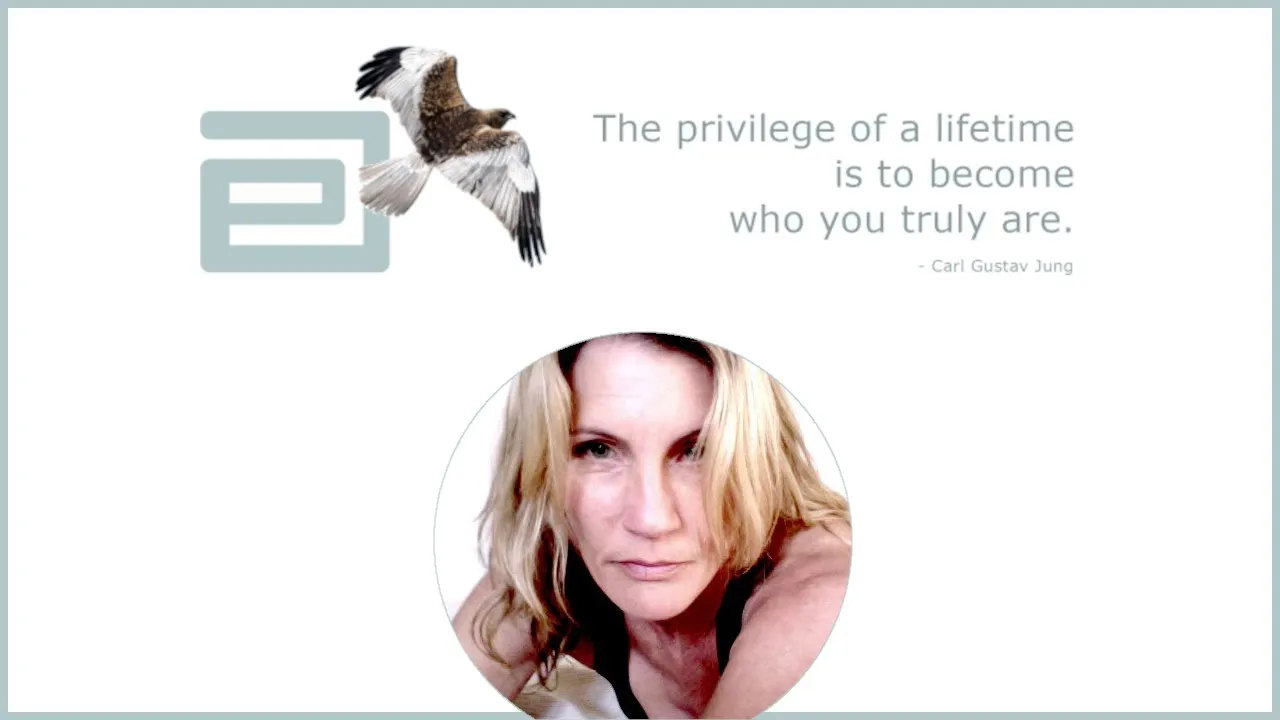
An alternative perspective on mental health and addiction.
Contents
Forward
What if Doctor is Wrong? : The Research and Practices
Chapter One: Basic Instinct
Chapter 2: The Importance of Words (Part 1)
Chapter 2: The Importance of Words (Part 2)
Chapter 2: Citations, Bibliography and additional sources
Chapter 3: But I Don't Have Trauma

Forward
I’ve been trying to write this book and share information both found via research, and learned through trial and error, for some years now.
The format has changed, over the years, from a single person retelling of a journey of self discovery and healing, to a third person story that may be less confrontational for institutions, professionals, and the general public to consider engaging with.
I thought, in this less direct way, I could list the questions I asked with some curiosity and simply show the information I discovered in my search for some answers, the interesting connections I made and the somewhat astounding recovery that followed.
The purpose of the revised format was to inspire others to ask similar questions, with a different perspective on addiction and mental health, to encourage them to research for themselves and see if our answers were similar or even the same.
What happened next, was yet another enormous progression in my personal recovery.
At this stage, I lost all interest in retelling my story or even trying to share the answers I’d found. I was tired of revisiting painful parts of what was fast becoming ancient history for me. I was also integrating the learning and moving forward so quickly, it began to seem self indulgent and counterintuitive to keep going over the past vividly enough for it to be of any real value to others.
I had also begun to accept how complicated this conversation is.
During these years of doing and redoing, I began to write on a platform on the internet.
As I met fellow writers online, with similar stories and perspectives, I became even more aware of how big this topic is and how deep the proverbial rabbit hole goes. It also brought home to me how resistant both the medical profession and the general public are to discuss why addiction and mental disorders are on the increase and current treatments are often failing. And the increase in psychiatric medication being prescribed as standard practice these days.
More procrastination followed.
How was I to share my findings, if the majority of people aren’t even willing to talk about these topics?
A professional editor appeared in my radius.
A fellow human who had been through a similar experience regarding the apparent loss of direction in the mental health and addiction industry.
I asked him to edit the book and he very kindly consented.
I sent him an already written forward.
He’s tough. This guy’s experienced and he knows what’s what. My first attempt at the book’s Forward didn’t make the grade.
I rewrote it and submitted another version. Still no go.
My editor’s feedback has been entirely and soundly spot on with every response. He sees the pitfalls of trying to write a book like this and he’s methodically and accurately pointed them out at every turn.
I knew he was spot on because I’d already experienced some of the questions he’s raised in live situations for the past three years as I’ve tried to share some of this. As for the rest, I just trust his judgment because I’m not a professional writer.
He asked me, in one of many emails as we discussed the difficulties, what I’m even precisely trying to say. A valid question as there’s a lot to be said and the content is not specific to just one topic.
But then neither is proper recovery for mental health and addiction as it turns out.
His question was raised during a discussion on the fact that I couldn’t say what I want to because I’m not a doctor and, consequently, I won’t be taken seriously.
I know this of course.
I’d already looked at studying to get a PhD in order to bring this to you as a fully fledged doctor, just so you might consider believing me. Sadly, I’m unable to afford the costs. Perhaps one day…
But my editor’s question on what exactly I’m trying to say has sat with me for a few weeks since my last attempt to get the Forward (at least) written.
What am I trying to say?
That addiction is not a disease and the plethora of diagnoses in the Diagnostic and Statistical Manual of Mental Disorders are not disorders in the way we believe they are.
But I’ll be ignored because I am not a doctor.
Realistically, even if I were on par with the medical fraternity, disagreeing with current practices to this extent would probably see me ostracized and called a “quack.”
I’m trying to say that psychology is not a science and we’re being incorrectly led to believe, often by medical professionals themselves, that psychological problems are medical problems.
But the general public won’t believe me because we’ve been taught to respect authority without question and I’m not a doctor. Again.
I’m trying to say that you can’t separate the human mind from the human body/physiology and external environment and expect to cure anything or anyone.
I’m saying that perspective is, literally, everything with regards to adequately treating these conditions and that our “modern” approach is totally off the mark.
I’m trying to share that facilities and programs aimed at “treating” these conditions are falling short because they’re not only not seeing the full picture, but are actively keeping people sick because they are completely (and sometimes intentionally) avoiding a large part of the problem.
I’m trying to say that the majority of the professionals I’ve approached over the years for guidance caused more harm than good, because they’ve been given the wrong information in their studies and are poorly trained with only parts of, or none of, other important information.
I’m trying to say that a lot of these professionals know this, but are sticking to the status quo because they’re afraid to be ostracized by the rest.
I’m trying to say the treatment of addiction and mental health has become an industry driven by financial gain and that people are regularly being incorrectly diagnosed and put on expensive pharmaceutical medication for lifetimes because of human greed.
While, at times, many professionals (and one group) gave me tools and small bits of information that did help me progress, they never did “fix” or address the real causes of my addiction and enormous variety of mental diagnoses.
The thing is, the more I share about this topic, the more I come to understand that many of you know all of this anyway.
So my question would be, why are you still buying into all of this medical advice if psychiatric disorders and addiction are on the increase? And if most of you know that current treatments are seriously questionable?
Because you do know this already. A lot of you have told me in person.
I’m just going to put it down, in black and white, to remind you when things get a bit confusing.
Because I’m not a doctor.
I’m just a Schizophrenic, BiPolar, Borderline, Anxiety & Depression Disordered, Addict who, somehow, is sitting writing this today, almost four years medication free and no further treatment necessary.
Which means you probably won’t believe me when I tell you there is, probably, nothing wrong with you either.
If you don’t quite believe me, yet, I invite you to read on a bit to see why I believe this may be true.

Free to share and distribute
With thanks to the community on Hive for your courage and open-mindedness and to Internet Archive for your service.
This project would never have been completed without your resources and support.

I am not a medical doctor and do not claim any information in this document or content to be a cure. This is my own understanding of how my "addiction" and "mental illness" worked, what both of these ultimately were ... and the approach I personally used to find a full and lasting recovery.
I do not endorse the information shared in K.I.S.S - Keep it Simple Sweetheart to be used in place of professional medical advice, support groups or specific therapies.
Please do not come off any prescribed medication without the guidance and support of a trained professional.
Please do not step away from any programs of treatment or support groups without the guidance and support of a trained professional.

▶️ 3Speak

